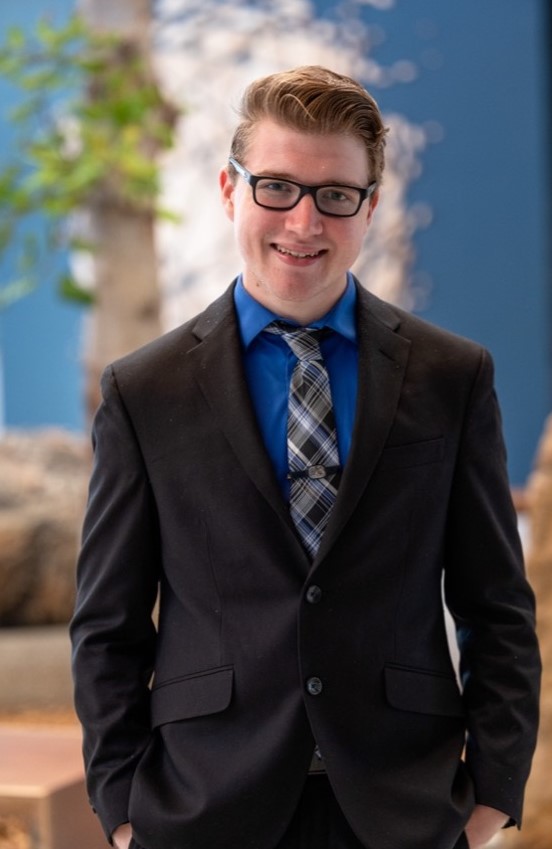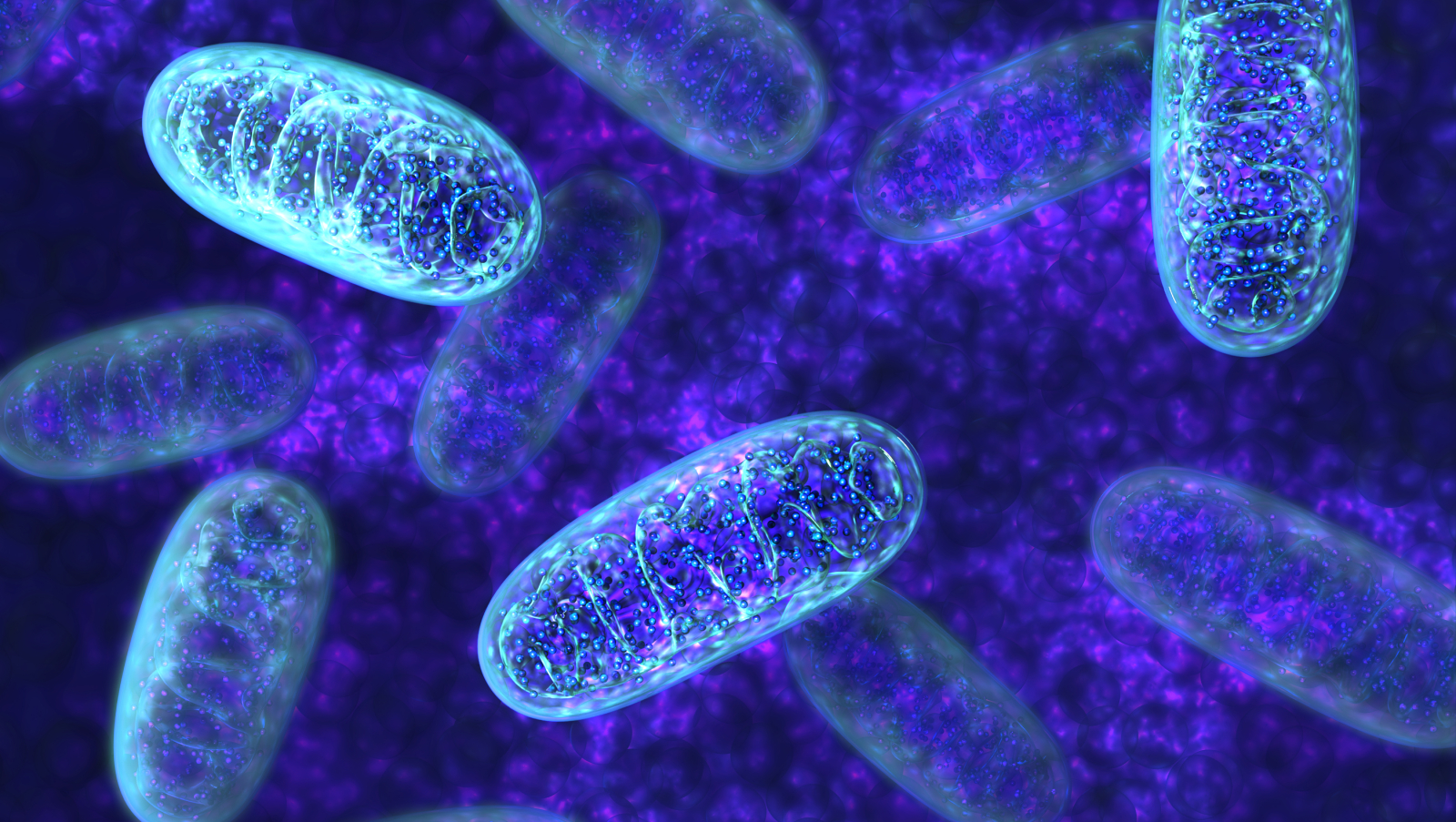
Kit Neikirk, postbaccalaureate research intern in the lab of Antentor O Hinton Jr., has been named a 2024 Marshall Scholar by the British government. As a Marshall Scholar, Neikirk will pursue a master’s in public health and an advanced degree in biomedical imaging at University of Edinburgh and University College London, respectively.
“Receiving the Marshall Scholarship is undoubtedly a pinnacle achievement. It not only recognizes my past efforts but also opens doors to further my studies in an international arena, which is immensely important in the field of global health,” Neikirk said. “Advances in machine learning techniques highlight the pressing issue of how we can use them to better diagnose illnesses and increase wellness of historically underserved populations through individualized medicine.”
“I’m incredibly grateful to many individuals across my journey who helped build the confidence in me to get this scholarship,” he said. “Throughout my four years working in the Hinton laboratory, I’m especially grateful for the intentional mentoring I received from Dr. Hinton, which is unrivaled and fundamental to my successes.”
Marshall Scholars are considered among the most accomplished undergraduate university students and recent graduates in the U.S. Neikirk is the 15th Marshall Scholar in Vanderbilt’s history.
“Part of the School of Medicine Basic Sciences’ mission is to develop the next generation of researchers. Kit Neikirk’s well-deserved Marshall Scholarship is a reflection of our unwavering commitment to mentoring, which fosters excellence and propels our students to remarkable heights,” said John Kuriyan, dean of the School of Medicine Basic Sciences. “Kit’s accomplishment is also a testament to Dr. Hinton’s skill as a mentor in cultivating an environment where curiosity flourishes and graduate students evolve into confident contributors to the ever-advancing realm of scientific research.”
In the Hinton lab, Neikirk studies how mitochondria structure changes across aging across murine tissue types. He is the co-first author on the article “3D reconstruction of murine mitochondria reveals changes in structure during aging linked to the MICOS complex,” recently published in the journal Aging Cell. Before he moves abroad, he and Hinton will publish research on mitochondrial 3D structure in human heart failure and how exercise can reverse age-related degeneration in mitochondrial structure of human skeletal muscle.
“Kit’s tenure within our laboratory is drawing to a close, as he prepares to embark upon a remarkable odyssey—the pursuit of not one but two Marshall-endowed master’s programs,” Hinton said. “This triumph stands as an incontrovertible testament to his unflagging tenacity, as well as the prodigious tutelage proffered by our accomplished team. It is evident that our lofty aspirations and unwavering commitment to excellence within the Hinton laboratory are bearing fruit of the most resplendent variety.”
Neikirk earned degrees in chemistry, biology and sociology at the University of Hawai’i at Hilo. He grew up in Pahoa, a small town in the Puna district on Hawai’i.
“Growing up in a rural community, I noticed social determinants throughout my life influencing medical outcomes,” Neikirk said. “My drive is to reduce health disparities by promoting continued U.K.–U.S. collaborations and parlaying them into shared policies to reduce generational trauma and other disparities in subpopulations of both countries.”
“I hope to establish a mutualistic U.K.–U.S. relationship to inform precision medicine on a global scale, thereby addressing critical issues in both countries,” he said. “Studying in the U.K. will provide the necessary foundation in public health and biomedical imaging to support my future collaborative research program.”
The Marshall Scholars program is principally funded by the British government and benefits from partnership arrangements with world-leading British academic institutions, allowing winners to pursue graduate degrees in almost any academic subject at any university in the U.K.
“The Marshall Scholarship has a proud history of helping to drive scientific innovation,” said John Raine, chair of the Marshall Aid Commemoration Commission in a release. “From Ray Dolby’s revolutionary advancements in audio engineering to Dr. Dan Barouch’s critical role in spearheading the development of a COVID-19 vaccine, Marshall Scholars are continuing to push the scientific boundaries of what’s possible.”
About the Marshall Scholarship
Named for U.S. Secretary of State George C. Marshall, the Marshall Scholarship program began in 1953 as a gesture of gratitude to the people of the U.S. for the assistance that the U.K. received after World War II under the Marshall Plan. Since that time, it has remained uniquely positioned among national scholarships for its prestige and scope: offering talented young Americans the chance to study any academic subject at U.K. universities of their choice for up to three years. This has given rise to an unprecedented breadth of expertise in almost every academic field, producing numerous university presidents, six Pulitzer Prize winners, one Nobel Laureate, 14 MacArthur Fellows, two Academy Award nominees, two U.S. Supreme Court justices and a NASA astronaut. With more than 2,200 scholarships awarded to date, the program has supported Marshall Scholars who are leading the conversation and direction of some of the most vital issues of our time.
